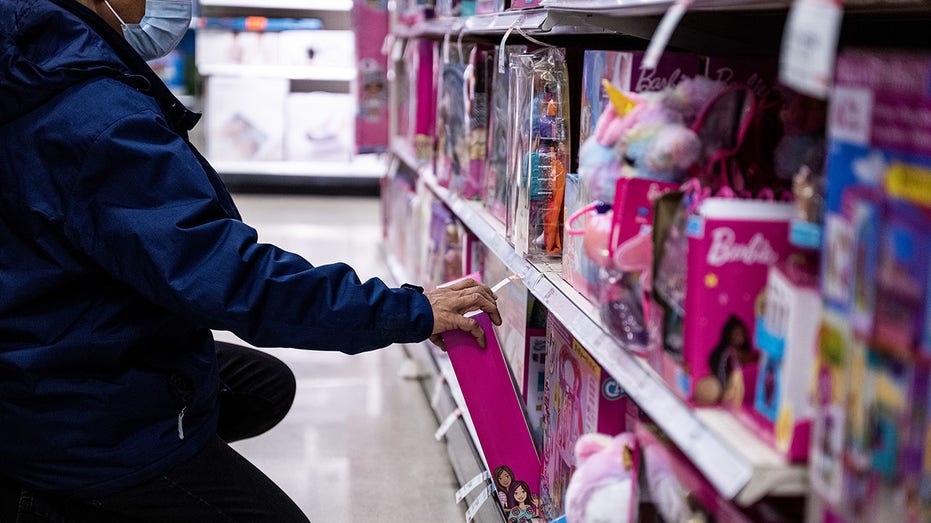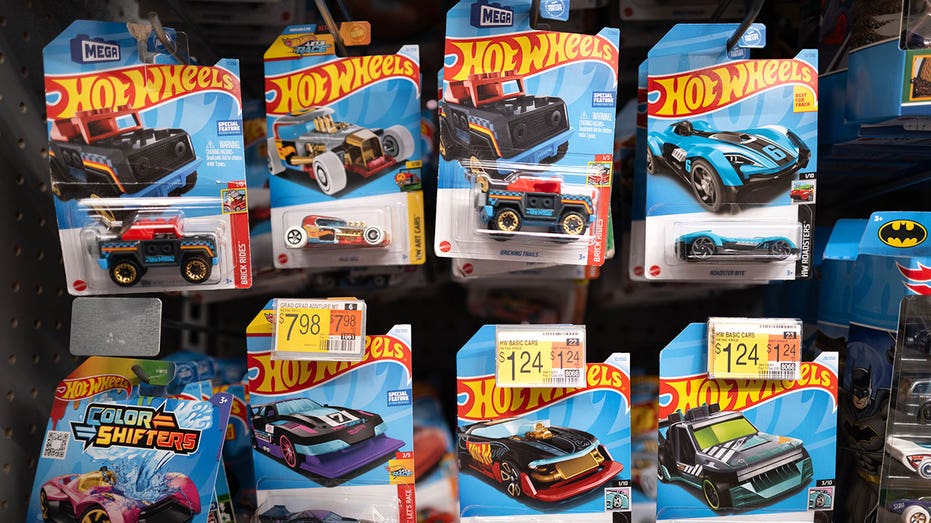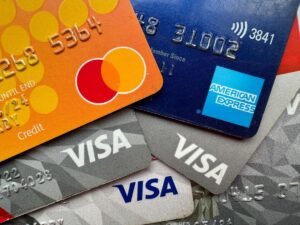Mattel is looking at potentially upping toy prices as part of its efforts to mitigate President Donald Trump’s tariffs on imports from China, Mexico and Canada.
Over the past weekend, the president signed executive orders seeking to bring a 10% levy on imports from China and a 25% tariff on imports from Mexico and Canada.
The tariff against China went into effect on Tuesday; however, the Trump administration paused the levies against America’s northern and southern neighbors for one month after Mexico and Canada both agreed to take steps to heighten enforcement on their borders with the U.S.
WHAT’S HAPPENING WITH TRUMP’S TARIFFS ON CHINA, CANADA AND MEXICO?
Leaders at Mattel said Tuesday that “leveraging the strength of our supply chain” and possible price actions were among the measures that the toy company was looking at implementing to deal with the tariffs.
“Our teams have been fully engaged in analyzing and planning for a range of scenarios,” CFO Anthony DiSilvestro told analysts and investors. “And in terms of the financial impact on Mattel, our 2025 guidance includes the anticipated impact of the new tariff based on what we know today and mitigating actions we plan to take, including those leveraging the strength of our supply chain and potential pricing.”
Mattel, known for Barbie, Hot Wheels, Fisher-Price and other brands, makes toys in seven countries, he said, adding that the toy company has been “continuously optimizing and diversifying our manufacturing footprint” in recent years.

Less than 40% of Mattel’s global toy production is expected to occur in China this year, a much smaller share than the industry average of roughly 80%, according to DiSilvestro.
“With the U.S. representing about half of our global toy sales, our tariff exposure in the U.S. related to China should be about 20% of global production,” the Mattel CFO said. “And with respect to Mexico and Canada, we currently source less than 10% of our toys from Mexico and have no sourcing from Canada.”
The toy company plans for “no single country” to have more than 25% of production by 2027, DiSilvestro added.
| Ticker | Security | Last | Change | Change % |
|---|---|---|---|---|
| MAT | MATTEL INC. | 21.32 | +0.48 | +2.30% |
Regarding the tariff mitigation actions, he said Mattel “work[s] closely” with its retail partners to “achieve the right balance and always keep consumers in mind when we consider pricing actions.”
The toy company forecasted 2%-3% growth in net sales for fiscal 2025, as well as adjusted earnings per share in the range of $1.66 to $1.72, factoring in any potential impact from the tariffs and the company’s response to them.

Mattel works with some 500,000 retail stores to sell its various toy products, according to CEO Ynon Kreiz. It also uses e-commerce avenues for toy sales.
AUTOMOTIVE GROUPS REACT TO TRUMP TARIFFS ON IMPORTS FROM CANADA, MEXICO, CHINA
The company generated nearly $5.38 billion in net sales over the course of 2024. Its annual net income, meanwhile, came in at $541.8 million.
“Our 2025 priorities are to grow the top and bottom line, while increasing investment in our digital game self-publishing business to drive long-term growth, in line with our capital allocation priorities to invest in organic growth,” Kreiz told analysts.
Read the full article here















